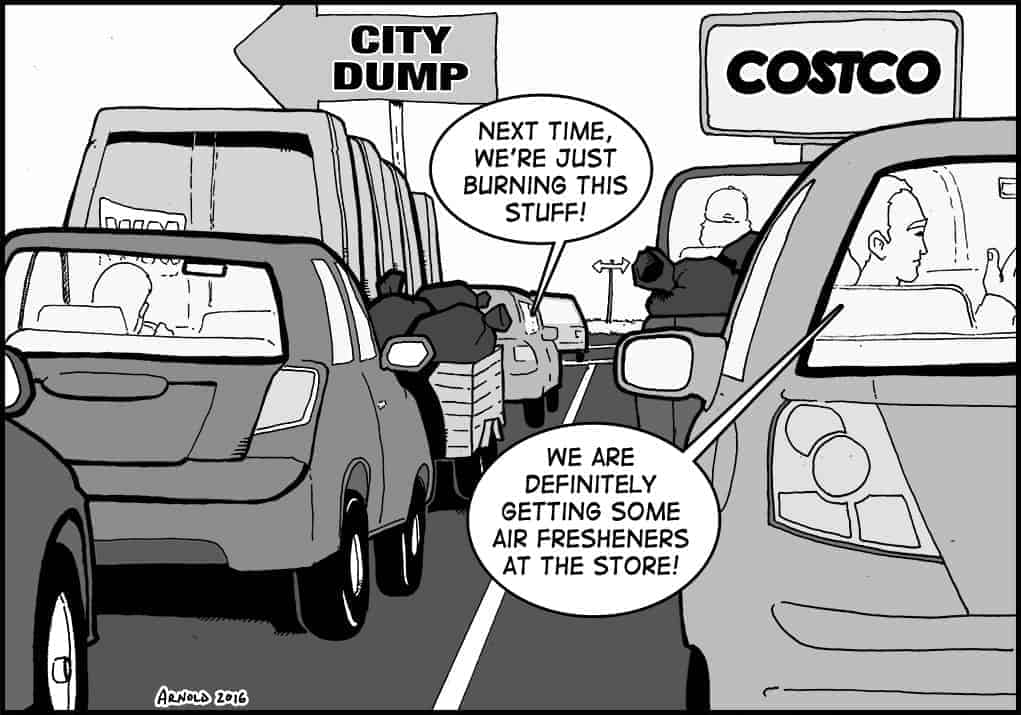;
;
;
Next Article
View from Here – November 10, 2016

To the surprise of no one, with the exception perhaps of the planners and officials involved, development on the west side of Waterloo has created a traffic nightmare. This week, for instance, the opening of a new Costco store caused huge delays for trucks accessing the nearby regional landfill site
Last updated on May 04, 23
Posted on Nov 10, 16
2 min read
